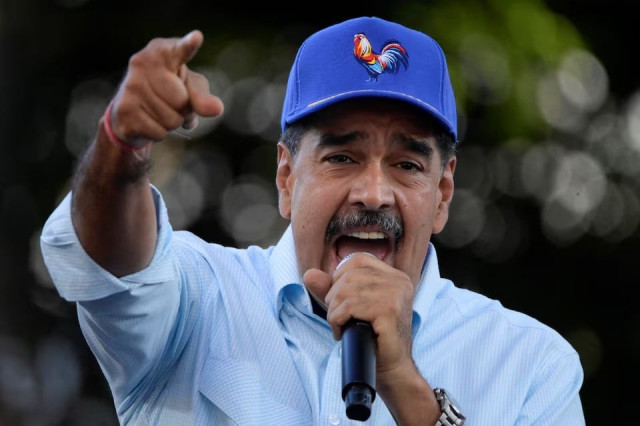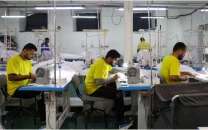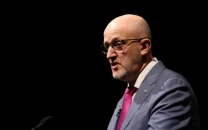Supreme Tribunal upholds Maduro's controversial win, opposition claims ignored
Ratification solidifies Maduro’s hold on power for another six years, with his new term set to commence in January

Venezuela's Supreme Justice Tribunal has officially confirmed President Nicolas Maduro's re-election victory from the July 28 presidential contest on Thursday, reinforcing institutional support for his government as international attention on the disputed election wanes.
Since the election, the Maduro administration has faced widespread criticism from opposition groups, human rights organisations, and trade unions, who accuse the government of suppressing dissent.
Maduro’s government has intensified actions against the opposition, including the arrest of opposition figures and protesters. Investigations have been launched into opposition leaders, accusing them of encouraging military insubordination, while a new law has been enacted to impose stricter regulations on non-governmental organisations (NGOs). Moreover, state employees suspected of supporting the opposition have reportedly been forced to resign.
The tribunal president, Caryslia Rodriguez, stated that the court reviewed evidence from the national electoral authority and confirmed Maduro’s win, noting that the decision is final and cannot be appealed. “The results of the presidential election of July 28, announced by the national electoral council, in which Nicolas Maduro was elected president, are validated,” Rodriguez declared. The electoral authority previously reported that Maduro had secured just over half of the votes, though it has not yet released full voting results.
In contrast, the opposition claims that its candidate, Edmundo Gonzalez, received 67% of the vote, as per 83% of voting machine data they made available online. The opposition argues that the court's ruling is invalid because the supreme tribunal lacks constitutional authority to handle electoral matters.
Following the ruling, Gonzalez took to social media to express his disapproval, stating that sovereignty belongs to the people and that no state institution should interfere with popular will. He emphasised that state bodies derive their authority from the people and must remain accountable to them.
Rodriguez announced that the court’s decision will be passed on to the attorney general to aid ongoing investigations into alleged irregularities related to the publication of what are described as "presumably false" election results online. Both Gonzalez and opposition leader Maria Corina Machado are being investigated on multiple charges, including inciting military personnel to commit crimes, after urging security forces to respect election outcomes.
Internationally, many Western nations have called for the full release of the election results. However, countries such as Russia and China have already recognised Maduro’s victory. According to sources, the United States is preparing sanctions against around 60 Venezuelan government officials and their families as a response to the controversial election, though the government and opposition have both largely ignored or rejected most proposed international solutions to the political crisis.
This ratification solidifies Maduro’s hold on power for another six years, with his new term set to commence in January. Maduro, who first assumed office in 2013, requested that the court review and verify the election results. However, opposition candidate Gonzalez did not attend the court's summons to present the voting machine data, which opposition representatives claim they are entitled to under the law.
The opposition alleges that the court, despite its constitutional mandate to be independent, is acting as an extension of the ruling party. Rodriguez criticised the opposition’s failure to present its evidence and Gonzalez’s absence from the proceedings, describing them as signs of blatant disrespect, which could lead to unspecified sanctions.
Since the election, protests have erupted across the country, resulting in at least 23 deaths and the arrest of over 2,400 demonstrators, according to United Nations figures. Maduro has dismissed the protests, labelling the participants as extremists and fascists.



















COMMENTS
Comments are moderated and generally will be posted if they are on-topic and not abusive.
For more information, please see our Comments FAQ